Culver Hole
This tall stone wall with no door and ill-matched windows was built centuries ago, and used as a shelter for domesticated pigeons.
Hidden in the cliffs on the Gower peninsula in South Wales is a cave sealed behind an 18-meter stone wall with no door and ill-matched windows. Believed to have been built in the 13th or 14th century as a shelter for domesticated pigeons, the cave would have held hundreds of pigeons in the day. Pigeons were an important source of food, providing meat and fresh eggs.
According to legend, this site was also used as a storehouse by powerful local brigand John Lucas and once had a secret tunnel that was used to move illegal contraband connecting it to the nearby salt house in Port Eynon. The word “culver” derives from the Old English word “culfre,” meaning pigeon.
Know Before You Go
The structure is fairly easy to get to at low tide from Port Eynon beach.
From the coast path, locate the memorial on the headland. One hundred yards north along the coastal path towards Overton, there is a coast path market. Follow the path leading down toward the sea, until you come to a cleft in the cliff. A tricky climb down to sea level and you're there.
The narrow path down to the shore is exposed and may not be suitable for anyone afraid of heights. The cleft can be made out by standing on the top of the cliffs, but not the structure.

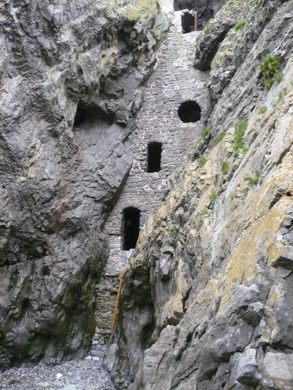
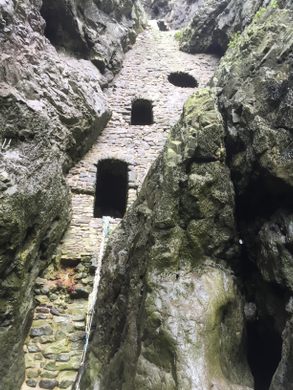
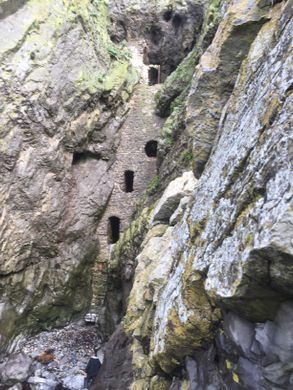


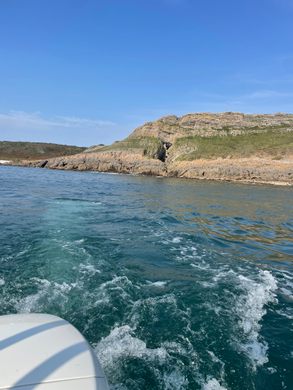




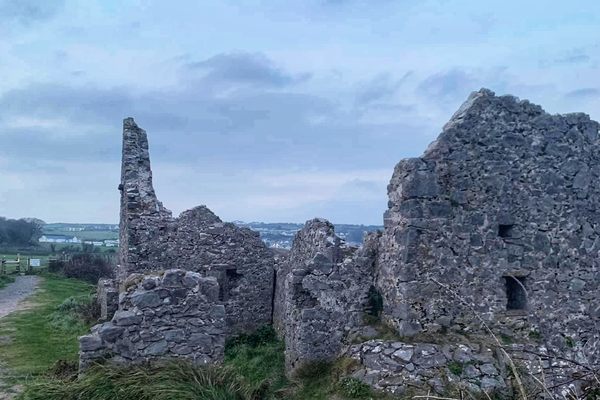
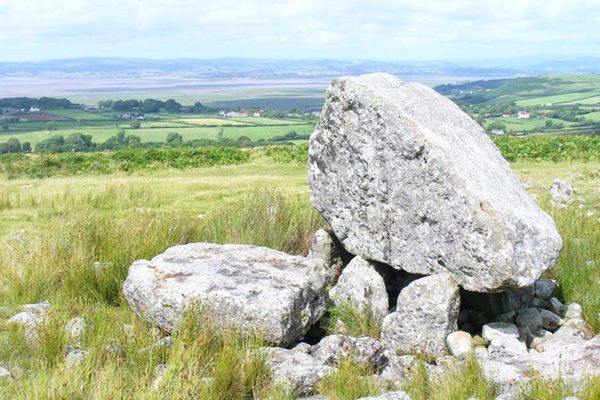





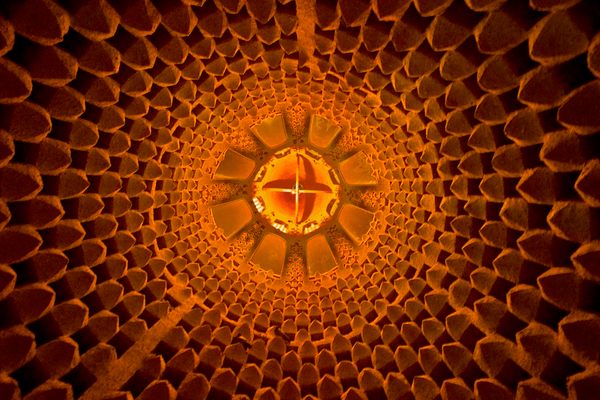

Follow us on Twitter to get the latest on the world's hidden wonders.
Like us on Facebook to get the latest on the world's hidden wonders.
Follow us on Twitter Like us on Facebook